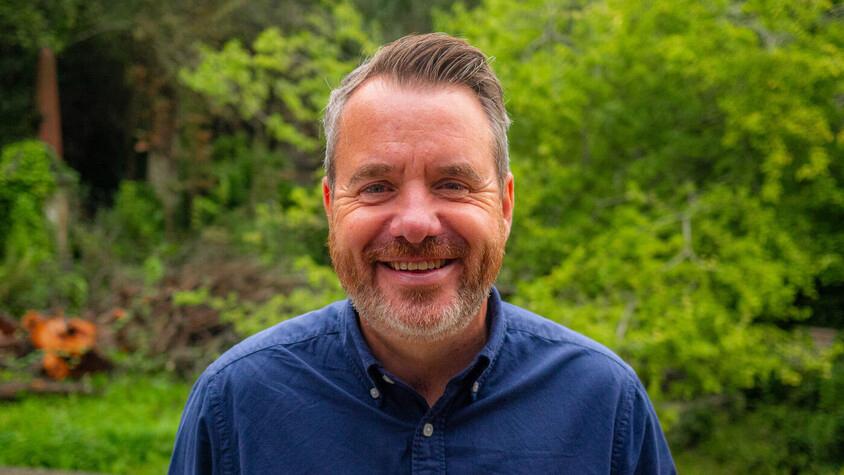The public’s trust in charities is at its highest level for a decade, Charity Commission figures have revealed.
Its annual survey of people’s faith in the work and honesty of charities gave the sector its highest mean average score of 6.5 out of 10 since 2014, when the score was 6.7.
This represents a gradual increase in trust since a low score of 5.5 out of 10 in 2018, amid a wave of scandals around safeguarding and fundraising concerns in the sector.
This year’s survey reveals that how money is spent by charities is the single most important factor in trust for most people.
Whether a charity is achieving its purpose, making a difference to people’s lives and operating to high ethical standards are among other crucial tests of confidence in their work.
The highest proportion of people with ‘high trust’ in charities has also been recorded. This year 58% of people rated the sector of at least seven out of ten for trust, compared to 51% in 2020 when this was first measured.
The only professionals to be more trusted than those who work in charities are doctors.
Men are more likely to have low trust in charities, as are those who have not been university educated.
People who have recently heard or seen charities in the news are more likely to have high trust in charities, as are those who have heard of the Charity Commission.
Decline in donating
But the Charity Commission warns that increasing public trust in charities is amid a decline in people donating money or goods to the sector.
Less than half (47%) of people donated this year, compared to more than three in five (62%) four years ago.
Another notable change is a trebling of the proportion of people receiving help from charities amid the cost-of-living crisis. This has increased from 3% in 2020 to 9% this year.
“These findings are encouraging, demonstrating that charities collectively are once again firmly trusted by the public, making a visible, essential difference locally, nationally and globally,” said the regulator’s chief executive David Holdsworth.
“But there is no room for complacency, for charities or for us as regulator. The new findings point to the challenging financial environment charities are operating in, with a decline in the number of people giving to charity, whilst the high cost of living appears to be driving more people to access charity services.
“In these financially challenging times, charities must continue to show people how they deliver on their purpose, including how every penny makes a positive difference.”
Latest News
-
Christian donors’ giving falls over the last year
-
Regulator’s church probe in York sparks further investigation
-
Alison Dunn: Why geography still decides which charities survive
-
Paying fundraisers a commission can harm their wellbeing, think tank warns
-
Monday movers - 2 February
-
Regulator finds misconduct at late-filing private Catholic school
Charity Times video Q&A: In conversation with Hilda Hayo, CEO of Dementia UK
Charity Times editor, Lauren Weymouth, is joined by Dementia UK CEO, Hilda Hayo to discuss why the charity receives such high workplace satisfaction results, what a positive working culture looks like and the importance of lived experience among staff. The pair talk about challenges facing the charity, the impact felt by the pandemic and how it's striving to overcome obstacles and continue to be a highly impactful organisation for anybody affected by dementia.
Charity Times Awards 2023
Mitigating risk and reducing claims

The cost-of-living crisis is impacting charities in a number of ways, including the risks they take. Endsleigh Insurance’s* senior risk management consultant Scott Crichton joins Charity Times to discuss the ramifications of prioritising certain types of risk over others, the financial implications risk can have if not managed properly, and tips for charities to help manage those risks.
* Coming soon… Howden, the new name for Endsleigh.
* Coming soon… Howden, the new name for Endsleigh.
Better Society

© 2021 Perspective Publishing Privacy & Cookies













Recent Stories